By: Dr. David Ward
The traditional view of nutrition focuses on macro- (carbohydrate, protein, and fat) and micronutrients (vitamins and minerals) at the metabolic level. In this view, sufficient nutrients are necessary to maintain body processes. Modifications in the composition, quantity and timing of nutrient intake are based on the metabolic requirement of an individual. For athletes that means supplying sufficient calories to fuel the body before, during and after activity. However, recent research has demonstrated that food does more than simply interacting with human physiology at the metabolic level. Food is being redefined as “information” that can alter cellular function. A functional approach to nutrition requires looking beyond the caloric properties of food to appreciate that consumption of specific foods can influence genetic expression and either promote or inhibit the development of inflammatory disorders. The study of how dietary components influence genetic expression is referred to as nutrigenomics1.
An example of how food is more than its caloric makeup comes from a study2 which examined markers of inflammation in 47 subjects on two different diets consuming the same number of calories and grams of carbohydrate. The difference in the diets was the source of the carbohydrate: one group consumed carbohydrates from rye and pasta, the second from oat, wheat and potato. At the conclusion of the study it was found that inflammatory and metabolic stress genes were “turned on” (upregulated) in the oat-wheat-potato group and “turned off” (downregulated) in the rye-pasta group. The differences were attributed to how the body’s hormones responded immediately after eating to the different foods rather than the total amount of carbohydrate.
The “Western diet”, including high-fat, high-protein, high-sugar, and excess salt intake, as well as frequent consumption of processed and ‘fast foods’, has been identified as a promoter of inflammatory and autoimmune disorders3. Diets that are more Paleolithic- or Mediterranean-like have been shown to lower levels of inflammation and metabolic stress4. The consistency between the Paleo-Mediterranean diets is that their anti-inflammatory nature is due to a reliance on fruits, vegetables, nuts, seeds, high-quality protein sources and healthy fats.
A primary difference between the two diets involves grains, which are avoided in the Paleolithic-type (Paleo) approach as it has been suggested that including grains in the diet can result in displacement of fruits, vegetables, lean meats, and seafood which may lower the overall micronutrient density in the diet5.
While these two dietary approaches are excellent strategies for minimizing inflammation and metabolic stress, individualized recommendations are important. Athletes typically require greater nutrient intakes than sedentary individuals, and nutritional requirements before, during and after exercise vary among individuals and activities6. In addition, grains are pro-inflammatory in many people7 and can be especially problematic in those with a genetic predisposition toward inflammatory and autoimmune conditions8.
The role of food and nutrition status in the development and progression of inflammatory and autoimmune disorders has become increasingly appreciated. Diet is the first and most fundamental lifestyle intervention to prevent the progression along the autoimmune spectrum and, in some cases, result in remission of the inflammatory state.
- Kauwell GP. Emerging concepts in nutrigenomics: a preview of what is to come. Nutr Clin Pract. 2005 Feb;20(1):75-87.
- Kallio P, Kolehmainen M, Laaksonen DE, Kekäläinen J, Salopuro T, Sivenius K, Pulkkinen L, Mykkänen HM, Niskanen L, Uusitupa M, Poutanen KS. Dietary carbohydrate modification induces alterations in gene expression in abdominal subcutaneous adipose tissue in persons with the metabolic syndrome: the FUNGENUT Study. Am J Clin Nutr. 2007 May;85(5):1417-27.
- Manzel A, Muller DN, Hafler DA, Erdman SE, Linker RA, Kleinewietfeld M. Role of “Western diet” in inflammatory autoimmune diseases. Curr Allergy Asthma Rep. 2014 Jan;14(1):404. doi: 10.1007/s11882-013-0404-6.
- Whalen KA, McCullough ML, Flanders WD, Hartman TJ, Judd S, Bostick RM. Paleolithic and Mediterranean Diet Pattern Scores Are Inversely Associated with Biomarkers of Inflammation and Oxidative Balance in Adults. J Nutr. 2016 Jun;146(6):1217-26. doi: 10.3945/jn.115.224048.
- Cordain L, Eaton SB, Sebastian A, Mann N, Lindeberg S, Watkins BA, O’Keefe JH, Brand-Miller J. Origins and evolution of the Western diet: health implications for the 21st century. Am J Clin Nutr. 2005 Feb;81(2):341-54.
- Lemon PW. Effects of exercise on dietary protein requirements. Int J Sport Nutr. 1998 Dec;8(4):426-47.
- Cordain L. Cereal grains: humanity’s double-edged sword. World Rev Nutr Diet. 1999;84:19-73.
- Eisenmann A, Murr C, Fuchs D, Ledochowski M. Gliadin IgG antibodies and circulating immune complexes. Scand J Gastroenterol. 2009;44(2):168-71.
Dr. David Ward uses a unique blend of specialties in working with his patients. He is a licensed Doctor of Chiropractic and holds a Master of Science degree in Sport Health Science with a Sports Medicine concentration. He’s a Nationally Certified Athletic Trainer and Massage Therapist with specialty credentials as a Certified Strength and Conditioning Specialist and a Performance Enhancement Specialist. In addition to his Sports Medicine and Athletic Development background, Dr. Ward has completed substantial post-doctorate training in Functional Medicine. His ability to integrate musculoskeletal and metabolic medicine allows for a truly holistic approach to optimizing health and performance for a wide variety of patient populations. Dr. Ward is the “in-house” chiropractor and Functional Sports Medicine consultant for the Lone Tree, Colorado Runners Roost store. Dr. Ward is available for complimentary consultations for the Runners Roost community and can be reached at DocDaveWard@gmail.com. More information about Dr. Ward including his clinical practice at Lone Tree Chiropractic & Natural Health Center can be found on his website www.DocDaveWard.com.
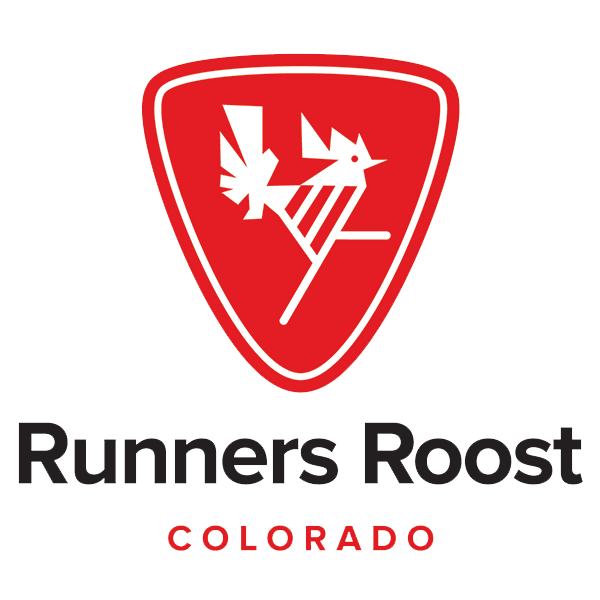

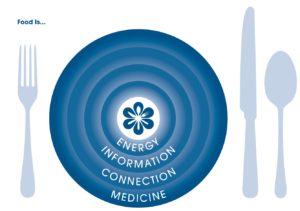
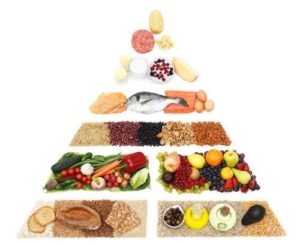










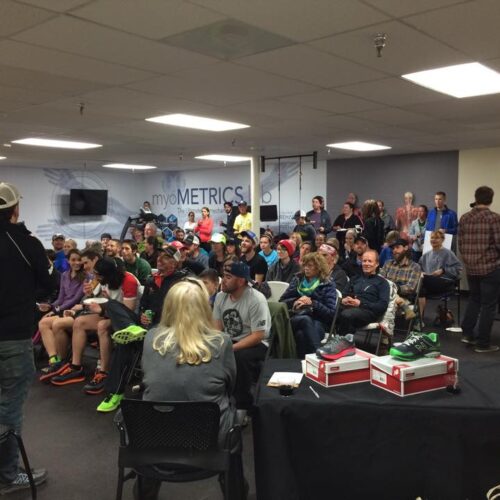
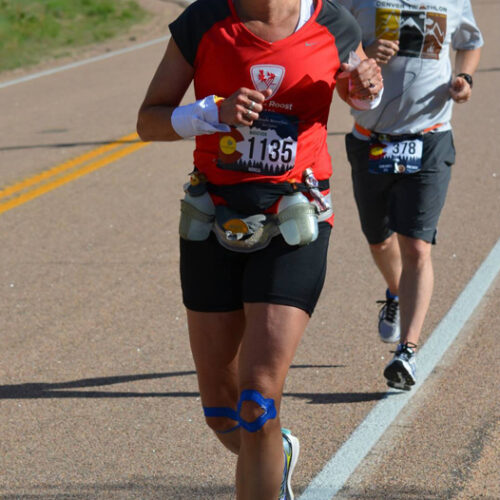

Recent Comments